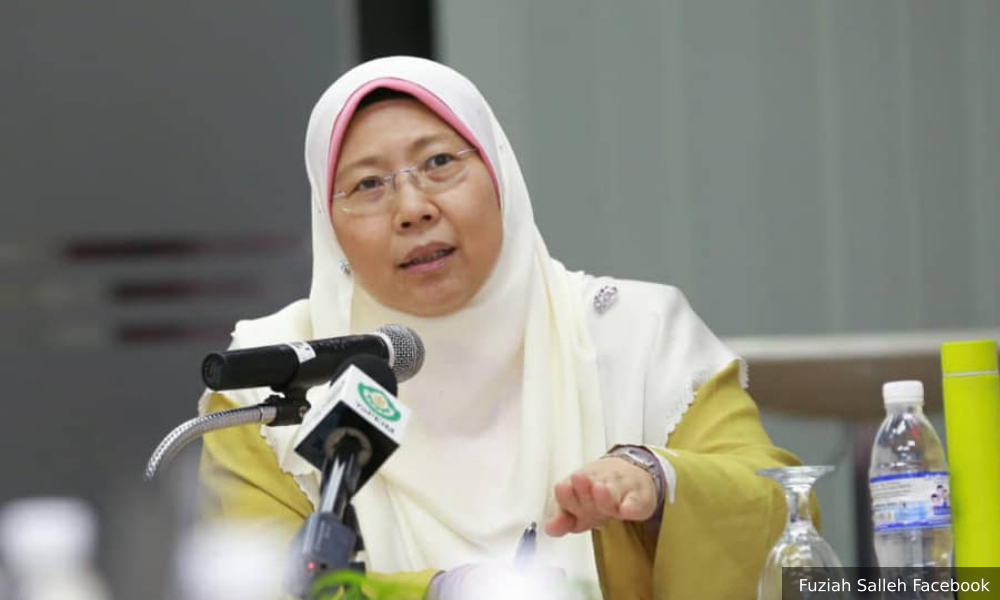The review committee appointed by the Energy, Science, Technology, Environment and Climate Change Ministry (Mestecc) did not suggest that any increase in the concentration of heavy metals in groundwater was due to operations by Lynas Malaysia Sdn Bhd (Lynas).
Lynas’s Radiation Safety, Regulation and Compliance general manager Ismail Bahari (above) said the review committee, in their report submitted to the government in December 2018, only made a recommendation for further research on groundwater in Gebeng industrial area, where Lynas plant is located, to be conducted.
"Lynas in collaboration with accredited laboratories is currently carrying out its own independent investigation to rule out any contribution from our operations," he said in a statement today.
Ismail said this in response to the Deputy Minister in the Prime Minister's Department Fuziah Salleh's allegation as reported by media today, that the groundwater beneath Lynas is contaminated with heavy metal.

Fuziah, who is also Kuantan MP, claimed that the contaminated underground water would affect some of the kampung folks around Gebeng, as some of them were still depending on tube well for daily water use.
Ismail also noted that the executive committee which consisted of experts in various fields had stated that Lynas's operation was low-risk, compliant with relevant regulations, and the residue storage facilities were operated in a proper manner and had been approved by the regulators.
"The review committee also said that Lynas is a rare earth extracting plant and cannot be compared with a nuclear plant or a plant producing thorium or uranium.
"Radiation risks are not determined by the half-life of a material alone, but more importantly by the level of exposure. Malaysia adopts the International Commission for Radiological Protection (ICRP) limit of exposures for both workers and public and Lynas is fully compliant with these limits," he said.
Ismail noted that the very low radioactive residue produced by Lynas is not unique in Malaysia, as the oil and gas industry, tin mining and amang processing industries also produced radioactive residues.
"These industries have been in operation for many years," he added.
Ismail stressed that Lynas was committed in contributing to the Malaysian economic development and helping Malaysia to become the only rare earth centre of excellence outside China.
Lynas, according to Ismail has created more than 1,000 direct jobs here, with 97 percent of them filled by Malaysians.
- Bernama

